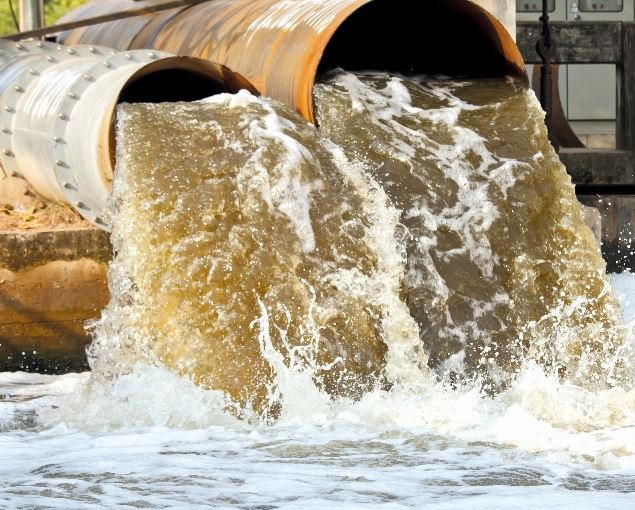Dry rivers, Cotswold river quality, UK-wide Covid-19 sewage monitoring
Yorkshire’s rivers, reservoirs, ponds and lakes are looking worryingly empty thanks to the driest May in recorded history. Rivers in the Cotswolds get a political publicity boost that highlights Thames Water’s continuing failure to manage sewage discharges properly, putting them at risk of huge environment fines. A North East business support organisation has secured funding to find solutions to environmental challenges. And DEFRA announces UK-wise sewage monitoring to check for Covid-19. Here’s the news.
Yorkshire Water struggles with falling water levels
We’ve just seen the driest May in history, yet another broken record in a long run of records we’re seeing as climate change continues to bite. It’s strange to see the bed of the River Swale at Muker in the Yorkshire Dales high and dry, and water levels are similarly low across the county. Lindley Wood Reservoir in the Washburn Valley, near Otley, reveals the extent of the record breaking conditions clearly.
Yorkshire Water owns the reservoir, and they say that despite the dramatic appearance of empty lakes and dry riverbeds the drought risk remains low. Apparently most of their reservoirs are seventy five percent full, which makes sense since we just suffered one of the wettest autumns on record. The grid network helps too, allowing water to be transferred fast if there are shortages in some areas.
Water pollution problems in the Cotswolds
The Rivers Windrush, Coln, and Evenlode are all suffering, according to Sir Geoffrey Clifton-Brown MP. He has raised the question of water quality in all three rivers during a meeting of the Public Accounts Committee on water supply and demand management, asking tough questions about sewage discharges into the rivers.
It appears Thames Water may not be conforming to discharge licensing conditions in general, and might be using storm discharges in a way they’re not supposed to be used in an effort to get away with it. Clifton-Brown has been corresponding with The Environmental Agency for some time on the matter, and he’s now hoping for a “distinct step forward.”
£120,000 funding to find solutions to environmental challenges
One North East based business support organisation has been given £120,000 to support its work looking for solutions to tricky environmental challenges. It’s called The Water Hub and the money has been provided by the North East Local Enterprise Partnership and partners, including the Environment Agency itself, Durham County Council, Durham University, and Northumbrian Water. The funding will go towards creating a business development plan for offering continued support to regional research and innovation.
The Water Hub has boosted the local economy by more than £1.7 million by delivering direct support to 54 organisations via various creative collaborations, research, development, and business support. AS George Gerring of The Water Hub says, “We are so excited to be entering phase 2 of our vision, under the funding and development guidance of the Environment Agency, to help broker and initiate key relationships between the environmental and business sectors.”
UK-wise sewage monitoring for Covid-19 risk
DEFRA is putting in place sewage monitoring right across the UK, an advance warning system to detect new outbreaks of Covid-19. It’s happening because recent research has discovered scraps of genetic material called RNA from the virus in waste water, a fact that could be harnessed to detect the virus in the population.
While the World Health Organization says there’s no evidence – yet – that the virus can be transmitted via sewerage systems, sampling will be taking place anyway. The data will be used to refine the approach the Joint Biosecurity Centre takes to the Covid-19 Alert System they’re creating.
The monitoring approach is new, a cutting edge approach being worked on by a crew of Devolved Administration partners, academics, research partners, water companies themselves, and the Natural Environment Research Council. Everything is being coordinated by DEFRA, the Environment Agency and the JBC, working closely with experts at the Universities of Bangor, Edinburgh, Bath and Newcastle.
Avoiding environmental pollution in the new normal
Whatever the ‘new normal’ turns out to be, you’ll want to do everything you can to avoid water pollution. That’s exactly what we do for businesses like yours. Please do not hesitate to call us on 0330 223 4372 or email sales@linkedinmarketingtraining.com for immediate advice.


